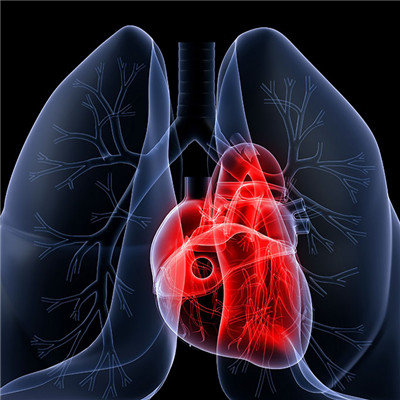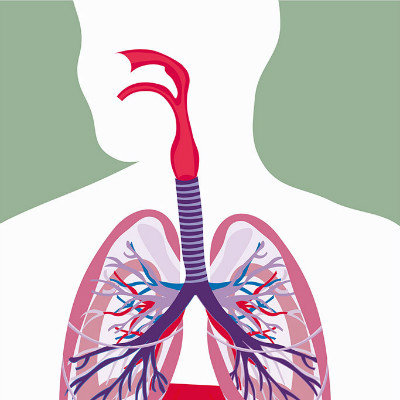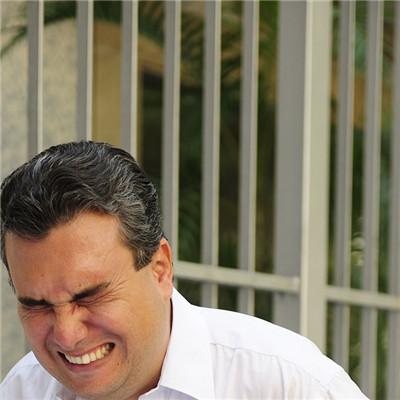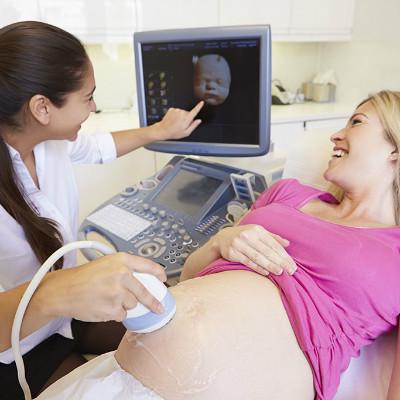What reason is chest like angina pectoris?
summary
Chest like angina pectoris is very common in daily life. Even in soap operas, it is often seen that the elderly people who are stimulated cover their chest and fall down. But more attention to their own body, not to check, and eventually developed into a more serious disease. Also once falsely said "this must be angina pectoris"! Today, let me tell you something about angina pectoris?.
What reason is chest like angina pectoris?
First, cardiac neurosis is more common in women, especially in climacteric women. It is characterized by chest tightness or chest pain. The pain is a little bit, a line, a small piece or symmetrical pain in front of chest and back; It lasts for a few hours or a whole day, and feels comfortable after taking a long breath. It is often accompanied by upset, palpitations, sweating, poor sleep, and even "feeling that the room air is not enough". It is easier to feel upset and chest tightness in crowded occasions. The attack is related to emotional tension, mental stress and overwork. Nitroglycerin is ineffective or needs more than 10 minutes to relieve.
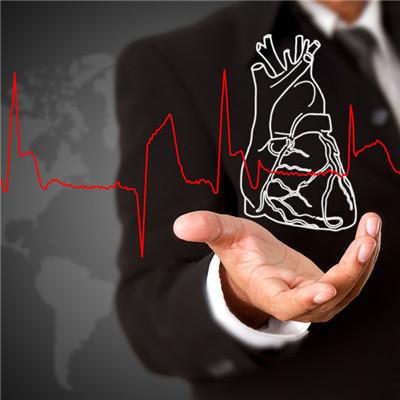
Second: hiatal hernia is located behind the sternum. It is easy to attack in sitting or lying position after a full meal. The pain is similar to angina pectoris. However, it can be avoided after a few meals or standing or walking for half an hour. Fiberoptic endoscopy or esophageal barium meal examination can help to make a definite diagnosis.
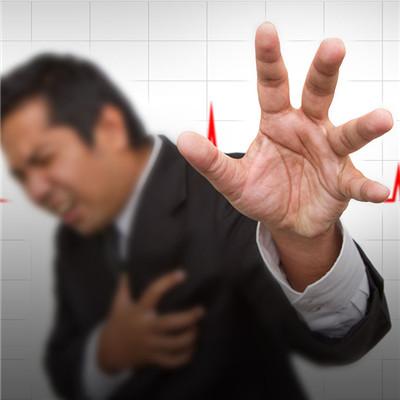
Third: gastrointestinal diseases such as reflux esophagitis, patients with pain located behind the sternum, can radiate to the jaw, shoulder, mostly at night or early in the morning attack, often accompanied by chest burning, acid regurgitation. Fiberoptic endoscopy, esophageal pH measurement, esophageal cavity and gastric cavity pressure measurement can help to make a definite diagnosis. Antacids, H2 antagonists, proton pump inhibitors and gastric motility drugs are effective. In addition, esophageal spasm, cholecystitis, cholelithiasis, cardiac spasm, peptic ulcer also need to be differentiated from angina pectoris.
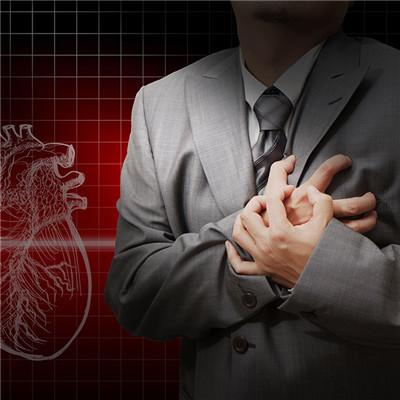
matters needing attention
In particular, angina usually occurs in the process of activity, which is often ignored. Therefore, we need to pay special attention to whether there is pain in walking fast, going upstairs, climbing, tension, cold or after meals, and whether we need to stop activities. Many patients talk about the panic, shortness of breath and chest tightness caused by lack of strength when going upstairs or climbing as angina pectoris - the two must be distinguished.


